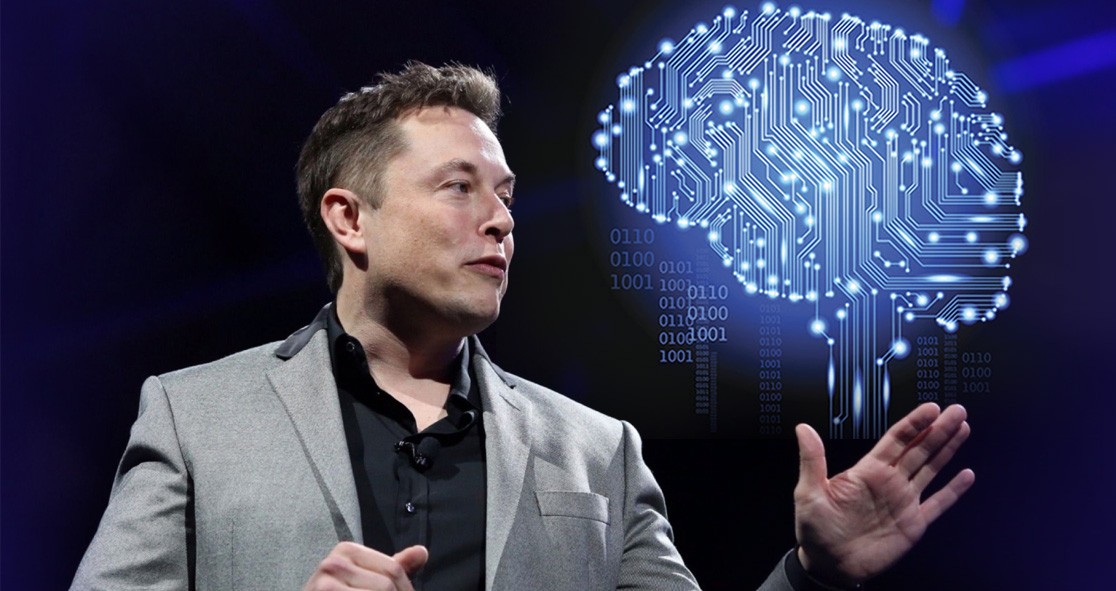Elon Musk's neurotech startup Neuralink has taken a major step towards its goal of helping people with severe paralysis regain control of their movements. The company announced in a recent blog post that it has received approval from an independent institutional review board and a hospital site to begin recruiting patients for its first-in-human clinical trial, named the PRIME Study.
Neuralink's technology involves implanting a brain device that can decode neural signals and translate them into commands for external devices. This means that patients with severe degenerative diseases like ALS could potentially regain their ability to communicate with loved ones by moving cursors and typing with their minds.
"The initial goal of our BCI is to grant people the ability to control a computer cursor or keyboard using their thoughts alone," the company said in its blog post.
This approval from the FDA marks a major milestone for the emerging brain-computer interface (BCI) industry. Other companies have also developed promising BCI systems, but none have yet received final approval from the FDA.
Neuralink's founder, Elon Musk, is well-known for his ambitious ventures as the CEO of Tesla and SpaceX. With this latest development, Neuralink is set to become a major player in the growing BCI market.
The road to this achievement has not been easy for Neuralink. The company has been working towards this moment for several years, and it has faced numerous challenges along the way. In September 2019, Neuralink presented a prototype of their brain implant and revealed that the FDA had granted the company a Breakthrough Device Designation, which expedites the review process for certain medical devices. This allowed Neuralink to receive approval for its first-in-human clinical trial just ten months later.
However, the road ahead for Neuralink is still long. The clinical trial will involve invasive brain surgery, which may deter potential participants. Additionally, the technology is still in its early stages, and there is no guarantee that it will be successful in helping patients regain control of their movements.
Despite these potential challenges, there is no denying the potential impact of Neuralink's technology. It has the potential to change the lives of millions of people suffering from severe paralysis, and it could also have applications beyond medical use, such as in the field of prosthetics.
As Neuralink begins to recruit patients for its clinical trial, the company remains optimistic about the future of its technology. With the support of the FDA and its breakthrough designation, Neuralink is well-positioned to make significant strides in the field of BCI and potentially revolutionize the way we interact with technology.

